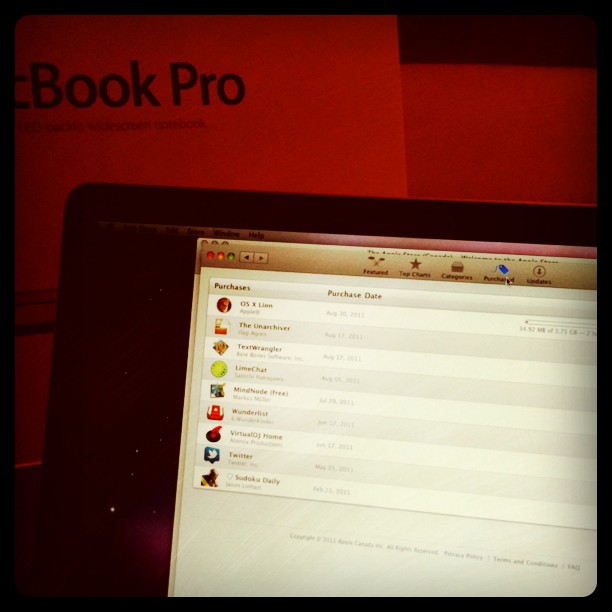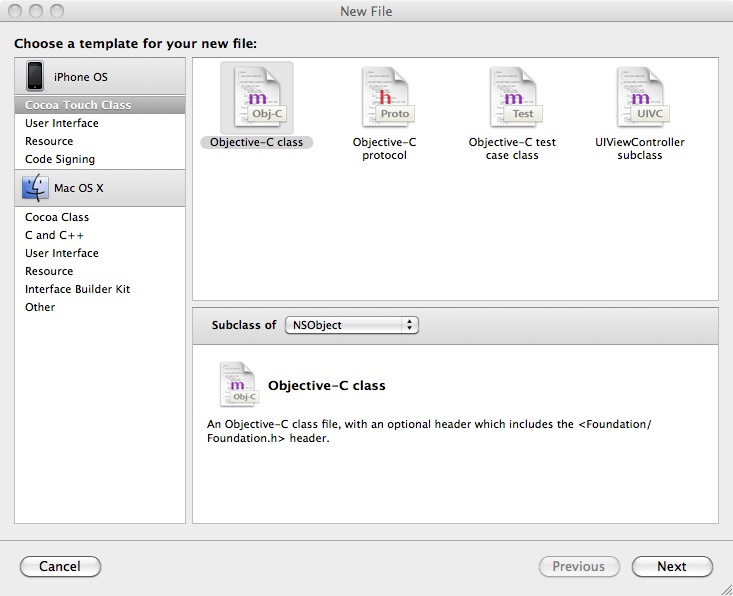With the emergence of the iPad, there are many trends changing and many ideas developing around an old but finally well-developed phenomenon: the tablet computer.
Although I am somehow late giving my opinion on the subject, I think it is worth the try.
One of the areas cloud computing can be very useful and extremely capable is on the thin clients. Despite the fact that definition of a thin client nowadays is quite different than few years ago (take iPad and compare it to any of the “revolutionary” J2ME enabled devices) they are still far less capable than conventional computers, i.e. laptops and desktops.
iPad (as a good example and so far the best in the segment) is fairly powerful by itself and offers decent performance in doing resource-intensive tasks like 3D game rendering. But there are times that its processing power and storage capacity is not sufficient for certain tasks. You might say, well turn to a more powerful computer then. The price of such move could be sacrificing the super cool and useful features like ultra-portability and modern human user interface of the iPad.
Think of a university class in which all students bring along their iPads (or a similar tablet computer). Such device is more than enough for day to day tasks like note taking, voice recording, web surfing, and email. But when a resource-intensive task is needed, e.g accessing a huge archive of files and resources that needs a powerful processor for search and a big disk to store the data, the students can easily connect to the (private or public) cloud of the university and let the powerful servers do the job for them. The result is then transmitted back to the device without using extra battery or other resources. In the case of iPhone OS platform with SDK 4 it is even possible to do it in the background while doing other stuff.
You might ask how such an obvious case for the benefit of cloud computing is related to Flash on iPad?
Flash is a resource-hungry technology by nature and any device planning to support it, will sacrifice a considerable amount of battery life for the sake of more compatibility. And everybody knows how important batteries are for portable devices.
Noting that Flash-based applications do not necessarily have a better representation of data (being a front-end technology) and most of the features provided by Flash are easily doable with a mix of HTML5, CSS3 and JavaScript, why employ a technology that will waste the precious battery life? A device like iPad is thin enough to rely on the cloud and stay cost-effective as well, while is powerful enough to perform the majority of daily tasks without external help.
Elasticity is essential for the cloud software, in which the software can use as much expensive resources as needed, for a limited period of time and then release them when the resource-hungry jobs are done. Why not keeping the less powerful devices as they are and instead putting the extra and occasional tasks on the datacenters shoulders?
Now in the middle of Apple-Adobe war, and apart from the usual corporate stuff, the question is that how this could affect cloud-based apps.
It is not hard to guess that there is no immediate and direct impact, but in longer run manufacturers will need to make more powerful and obviously more expensive devices to cope with technologies like Flash. This means less people and companies will afford to use such devices, which will eventually make an impact of the total number of thin cloud users.
Either Adobe will have to redesign its beloved platform, or it will have to be abandoned for a better technology. I believe Adobe can pull this off if it feels the pressure, because now it’s not just a small number of Mac users complaining about lousy Flash performance. We are talking about 10s of millions of mobile device users. Let alone the manufacturers.
On the other hand, we have to wait and see how well will Android do with its Flashy promises. If they could find a way to do it cheap, then Apple should think of a better solution than banning Flash.
Sometimes we become so obsessed and dependant to technologies like Flash that we can’t even imagine a world without them. It is true that it is a major part of the business model of a software giant, but so was the MS-DOS. Nobody believed back in 1995 that they could live without MS-DOS and now the younger generation doesn’t even know what it is.




Tweets that mention Cloud is better off without Flash | AliShabdar.com -- Topsy.com
[…] This post was mentioned on Twitter by Ali Shabdar. Ali Shabdar said: RT @shabdar Cloud is better off without Flash http://bit.ly/aGGEkm […]